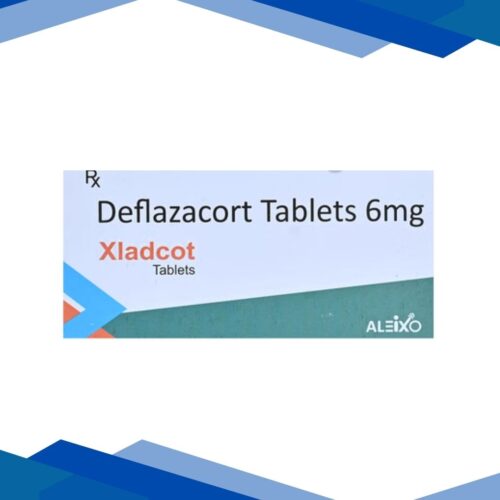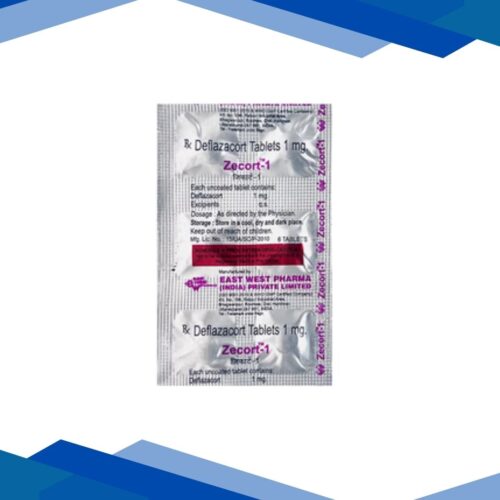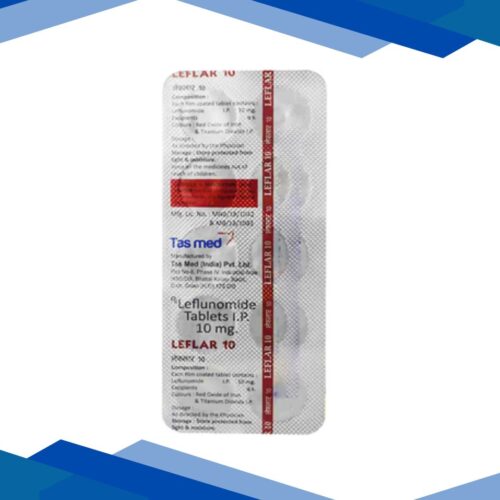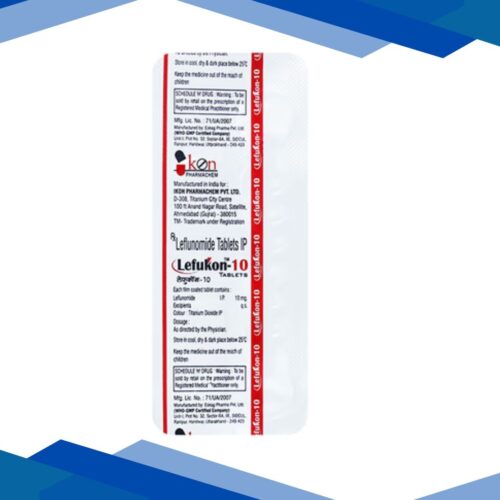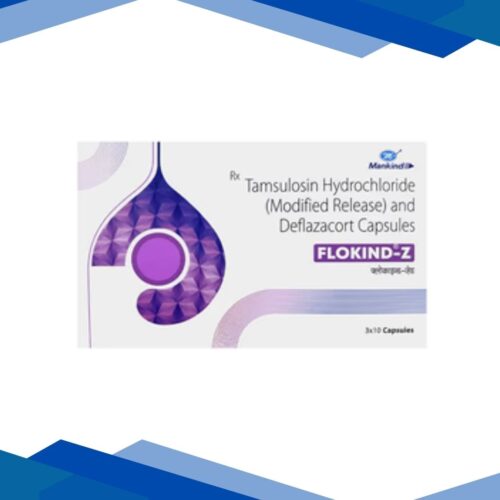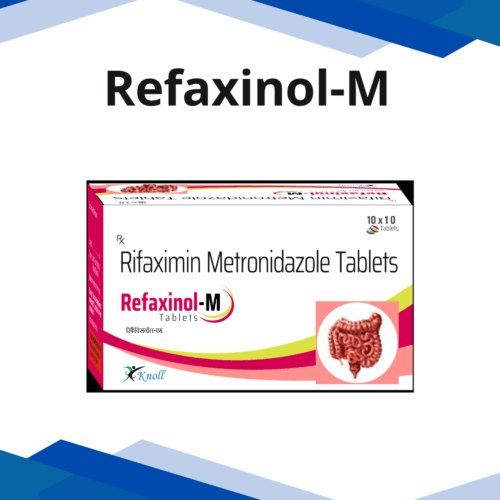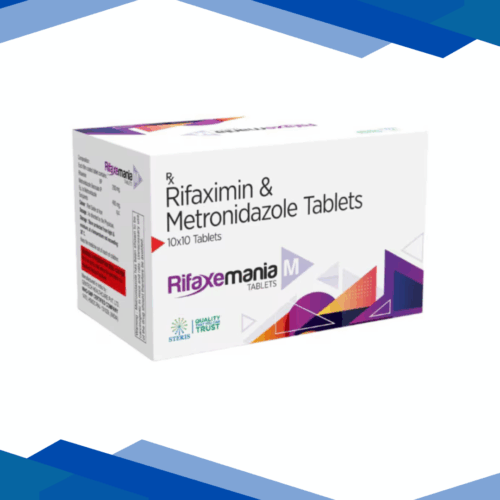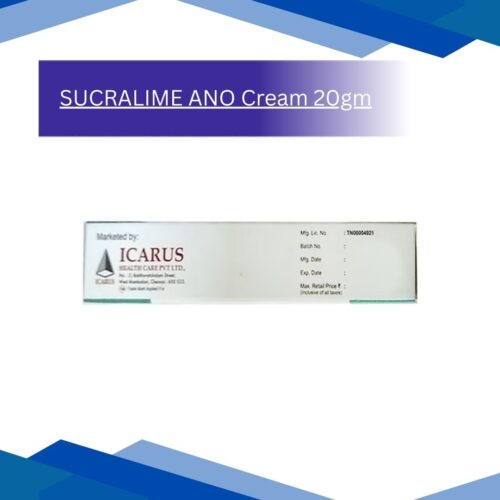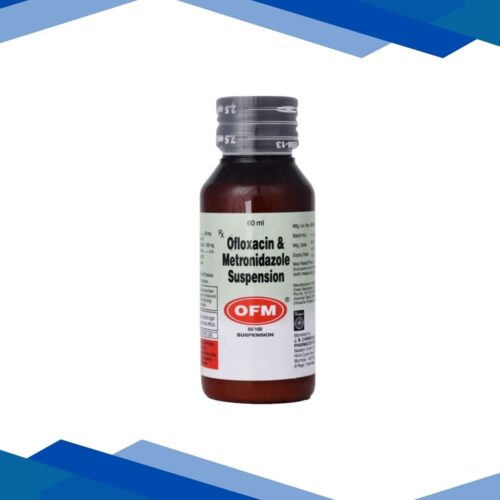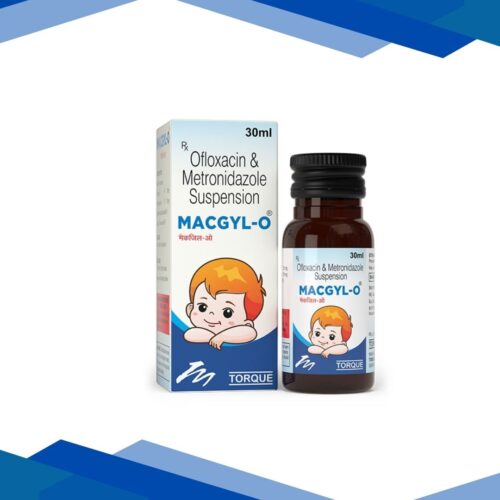FLOKIND Z Capsule 10’s
Rifaxemania M
No Prescription yet? Don’t worry! Click Here to Get Online Consultation
Why Prescription is Required?
✅ Providing Right Medicines
Prescriptions are complex documents. We proofread and recheck at various steps to provide you the right medication in the correct form and dose.
⚖️ Helps Comply with the Law
Most medicines cannot be sold without a valid prescription, as per the Drugs and Cosmetics Act, 1940 and Rules, 1945.
Book Appointment with Doctor
Metronidazole is used for treating bacterial and parasitic infections like amoebiasis and giardiasis, while Rifaximin is mainly used for traveler’s diarrhea, IBS-D, and preventing hepatic encephalopathy in liver disease.For more details kindly click on Medicine Salts below:
Metronidazole
METRONIDAZOLE
Overview
Metronidazole is an antibiotic effective against many infections caused by bacteria and parasites. It’s particularly useful in treating infections in the brain, reproductive system, gastro-intestinal tract, skin, vagina and other body parts.
Classification
Antibiotic and antiprotozoal medication
Uses
Metronidazole has been approved to treat:
Symptomatic trichomoniasis (a sexually transmitted infection) in adults that has been confirmed by culture or wet smear test
Asymptomatic trichomoniasis in females when associated with cervical changes, and in asymptomatic sexual partners
Amebiasis (an infection caused by a parasite) in adults and children
Anaerobic bacterial infections (infections caused by bacteria that do not need oxygen to survive).
How it works
Metronidazole is thought to work by first diffusing into the cytoplasm of the anaerobic bacteria where it is then activated and reduced into a short-lived nitroso free radical which can interact with DNA, causing a loss of the helical DNA structure, strand breakage, and bacterial death.
Dosage
As directed by the physician
Precautions
You should not use this medicine if you are allergic to metronidazole, secnidazole, or tinidazole, or if you:
Drank alcohol in the past 3 days
Consumed foods or medicines that contain propylene glycol in the past 3 days or
Took disulfiram (Antabuse) within the past 14 days
Have Cockayne Syndrome (a rare genetic disorder that affects growth and development).
Before taking metronidazole, tell your healthcare provider about all of your medical conditions, including if you:
Liver disease
Kidney disease (or if you are on dialysis)
A heart rhythm disorder
A stomach or intestinal disease such as Crohn’s disease
A blood cell disorder such as anemia (lack of red blood cells) or low white blood cell (WBC) counts
Medical problems that affect the brain or a nerve disorder
A yeast infection or a fungal infection anywhere in your body
A history of blood problems
Or take any medications, especially warfarin, lithium, busulfan, cimetidine, phenytoin, or phenobarbital
Side effects
Nausea, Vomiting, Paresthesia (tingling or pricking sensation), Agitation, Back pain, Blindness, Blurred vision, Altered speech pattern, Confusion, Decreased vision, Depression, Dizziness, Impaired coordination, Seizure, Slurred speech
Disclaimer
This content is for informational purposes only. Always consult a healthcare provider for medical advice and proper dosage.
Rifaximin
RIFAXIMIN
Overview:
Rifaximin is an antibiotic, but it works a bit differently from the typical ones you might take for a sore throat or chest infection. It mainly stays in your gut and doesn’t spread much through your bloodstream. It’s used to treat certain stomach and bowel-related conditions, especially those linked to bacteria. Because it stays in the intestines, it works right where it’s needed with fewer effects on the rest of the body.
Classification:
Antibiotic
Uses:
Doctors may prescribe rifaximin to treat:
Traveler’s diarrhea caused by certain bacteria
Irritable bowel syndrome with diarrhea (IBS-D)
Hepatic encephalopathy, a condition in people with liver disease that can lead to confusion, by reducing toxin-producing gut bacteria
Sometimes used off-label for small intestinal bacterial overgrowth (SIBO)
How It Work:
Rifaximin targets and kills certain bacteria in your gut. Because it doesn’t get absorbed much into your blood, it works mainly inside the intestines, helping to reduce harmful bacteria without disturbing the whole body. This makes it especially useful for gut-related problems, and it tends to cause fewer side effects than many other antibiotics.
Dosage:
As prescribed by your doctor.
Side Effects:
Most people do well on rifaximin, but like all medicines, it can have some side effects.
Common side effects
Stomach pain or cramps
Gas or bloating
Nausea
Headache
LessCommon side effects
Severe or long-lasting diarrhea (especially if it’s watery or bloody — could signal a serious gut infection)
Allergic reactions like rash, itching, or swelling
Unusual fatigue or dizziness
Precautions:
Allergies: If you’re allergic to rifampin or similar antibiotics, let your doctor know.
Liver disease: If you’re taking it for hepatic encephalopathy, your doctor may monitor you more closely.
Pregnancy and breastfeeding: Talk to your doctor — it’s generally considered safe in some cases, but always check.
Antibiotic resistance: Since rifaximin is an antibiotic, it should only be used as prescribed to help prevent resistance. Don’t use it unnecessarily or share it with others.
Disclaimer:
This content is for informational purposes only. Always consult a healthcare provider for medical advice and proper dosage
